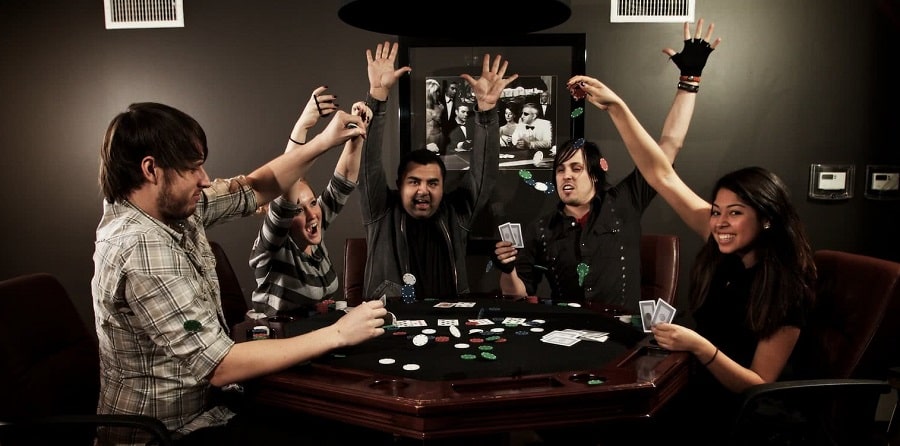How do I play poker as a beginner?

Poker has long been one of the most popular card games. Poker tournaments attract thousands of fans and top players from all over the world, battling it out for the big prize. But playing poker isn’t just for professionals – beginners can play as well. But to get started, you should first learn some basic tips and tricks. These will help you get accustomed to poker faster, and learn to win more often.
Play fewer hands
If you decide to play Texas Hold’em, it’s worth remembering that there are 169 different starting hands. Moreover, only 5 of them can be classed as top hands. These are the hands that should be played regardless of your position at the table. That way, the odds of winning increase significantly.
In general, there are 15 top starting hands in Texas Hold’em, and they need to be learned in advance. The stronger the starting hands, the easier it will be for the player to play. However, it should be understood that the method of play will not be uniform, and will depend on many different circumstances. But in any case, it’s worth remembering that only the strongest hands are considered suitable to enter the draw. Of course, over time, you can practically work out what set of cards you can risk and go to the flop. But in the beginning, it’s advisable to do so only with the best cards. That way there’s a much better chance of winning. Later on, when you get a better feel for the game, you can try playing a variety of starting hands. But it’s all learned and memorized in practice.

Playing the position
It’s worth understanding and remembering right away that position is the most important thing for a player at the card table. But first you need to know what the term means. A position is a situation when a player is the last or one of the players in a hand. Looking at it from this angle, the worst positions are the blinds. After all, everyone else at the table will be walking after the player. And seeing his first moves, his opponents will already be able to make good decisions.
So, no matter what cards you are dealt, the position has a significant influence, since it gives you more information about the other players.
There are several obvious reasons for playing in position:
- By the time it is one’s turn to move, the player gets as much information about his opponents as possible.
- The position gives more chances to bluff.
- This allows the player to control the final pot size. This is very important, as it allows only him to decide what the maximum amount can be in the draw.
All of this seems logical for all professional players. However, beginners do not take this recommendation seriously and do so in vain. To give you an example, you can take apart any game between professional poker players. It would be obvious from the statistics that the ratio of wins and losses in a position would be absolutely mirror to the ratio of wins and losses without a position. In the vast majority of cases, a player loses money without a position, but gains profits while in a position. That said, all of the above tips and advice apply to all types of poker. At first glance, the game seems simple and easy to learn. However, in reality it is far from that. Poker is a complicated game of chance with its own particular tricks and tactics. It’s not easy to learn how to play quickly. But when you do, you’ll be able to enjoy a truly gambling and exciting game against your opponents.
